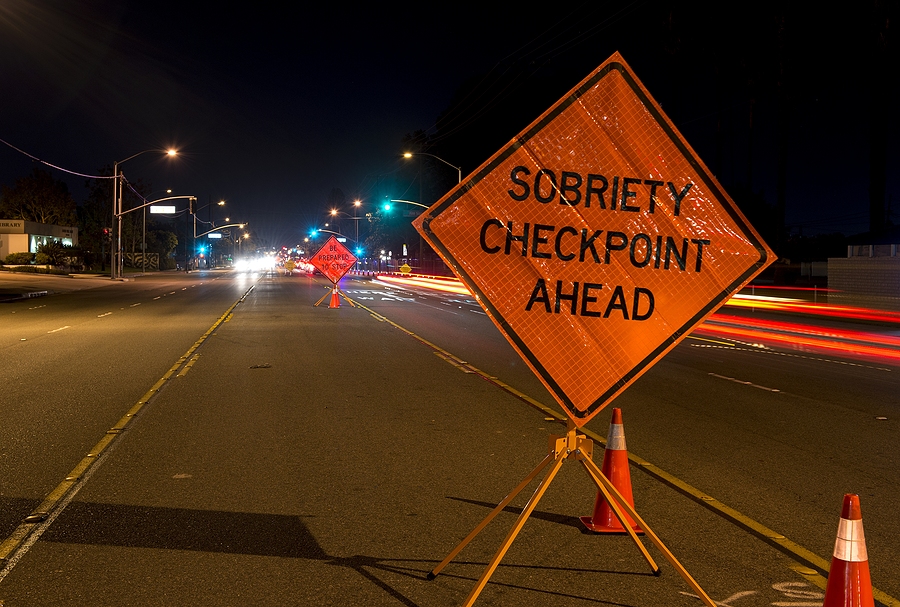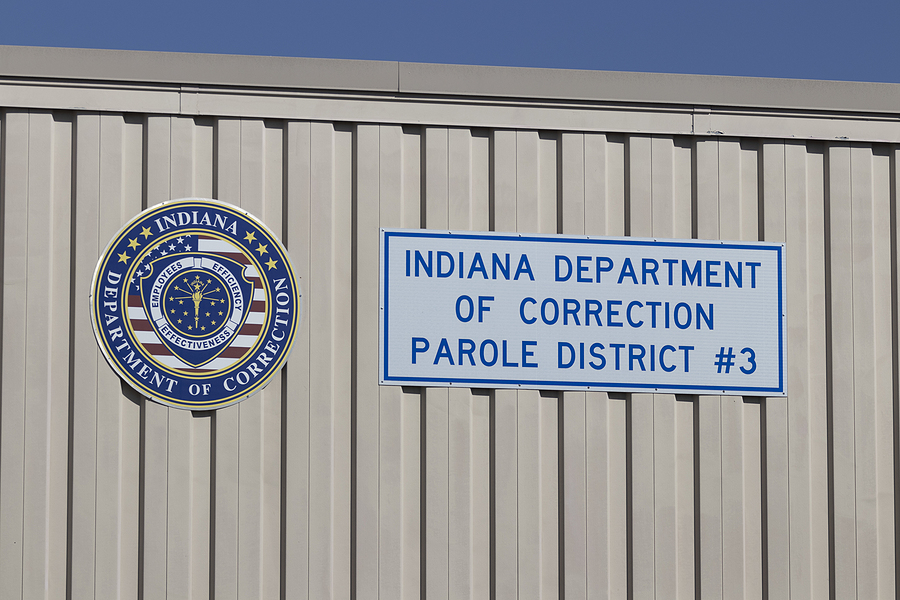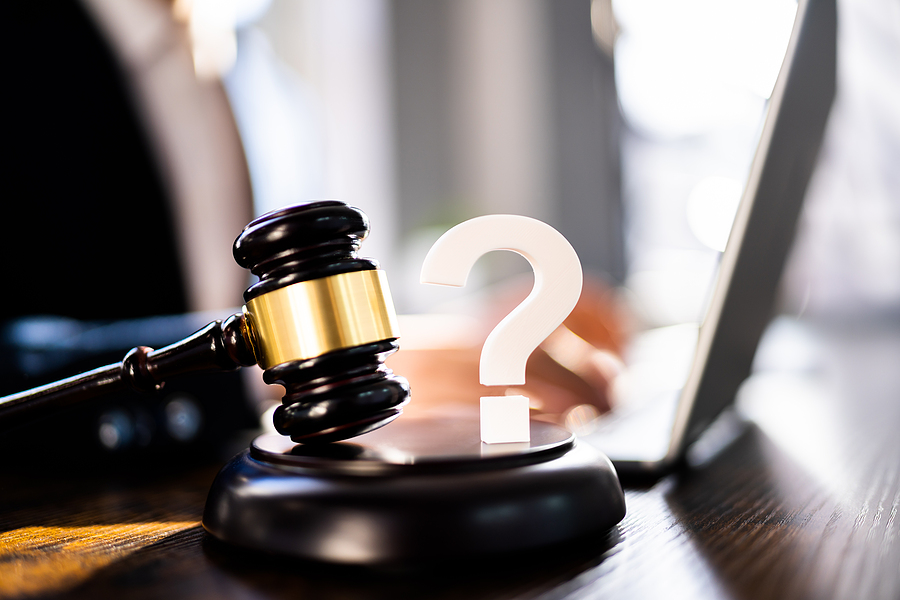Driving under the influence (DUI) of drugs or alcohol is a serious offense, and in recent years DUI testing has become more sophisticated and accurate. With new technology being developed every day, DUI testing is becoming even more reliable. In this blog post, we’ll discuss how new technology is changing the face of DUI testing and what implications it could have for those charged with drunk driving offenses as well as their lawyers. We will also examine some of the legal issues that arise when using these newer technologies in court cases.
So, if you are facing a DUI charge or know someone who is, read on to learn about how new technology might be able to help your case!

The Evolution of Alcohol Testing Technology
Sobriety Field Tests
Let’s start with the old fashioned ways of testing suspected drunk drivers: field sobriety testing. Law enforcement has a powerful tool in sobriety field tests to help protect citizens from drunk drivers. These standardized tests can be conducted during routine traffic stops or as part of an officer’s investigation into possible impairment caused by drugs or alcohol. They involve tasks and activities designed to evaluate physical coordination, judgment, and sobriety. Some sobriety tests involve balance exercises like the one-leg stand, while others involve finger dexterity and responses to simple commands. When administered properly, sobriety field tests are invaluable for evaluating whether a driver is fit to drive and ensuring roads are safe from the dangers associated with drunk driving.
Breathalyzers
One of the biggest changes that has been made to DUI testing is the introduction of breathalyzers. These are used by law enforcement officers to measure a driver’s blood alcohol content (BAC). The more sophisticated devices can even detect trace amounts of alcohol, meaning that even if a driver thinks they haven’t had anything to drink, they could still be over the legal limit. This is a major shift from traditional methods of testing, which often rely on loose estimations and subjective opinions.
Blood Testing
Another major change in DUI testing technology has been the introduction of blood tests. These are much more accurate than breathalyzers and can detect even tiny amounts of alcohol or drugs in a person’s system. This creates a much more reliable method of testing, as well as giving law enforcement officers the ability to have a record of a driver’s BAC at the time of their arrest.
Sobriety Checkpoints
Finally, there is the issue of sobriety checkpoints. These are being increasingly used across the country to help reduce drunk driving and have been largely successful. However, there are legal issues that arise when using sobriety checkpoints due to the fact that they may infringe on a driver’s privacy rights. For this reason, DUI lawyers need to be aware of these legal considerations in order to ensure their clients’ constitutional rights are being respected.
Talk to a Qualified Drunk Driving Attorney in Indianapolis ASAP
Overall, it is clear that new technology is changing the face of DUI testing. With more accurate devices and legal considerations in place, it is important for attorneys to stay up-to-date on the latest developments so that they can provide quality service to their clients. If you or someone you know has been charged with a DUI offense, it’s critical to speak to a qualified Indianapolis DUI lawyer as soon as possible. Doing so can make all the difference in your case and help ensure that you get the best possible outcome.
Furthermore, by staying informed about the latest developments in DUI testing technology, you can rest assured that any legal issues arising from the use of these technologies will be addressed properly by an experienced lawyer. With the right DUI attorney, you can be sure that your rights are being respected and that you have access to the best legal representation available. Remember, when it comes to DUI testing technology, knowledge is power!
Refused a chemical test or arrested for DUI in Indiana? Don’t wait a day longer to get started on your DUI defense. Contact Attorney David E. Lewis at 317-636-7514 right away to safeguard your rights and secure your future after being arrested for a DUI in Indianapolis. Our law firm will tenaciously dispute all elements of the case against you, including any testing results in order to help achieve an improved result in court.
Related Posts:
Top Myths About Breathalyzer Tests
5 Things You Need to Know if You are Charged With DUI in Indiana
5 Types of Probable Cause for DUI Traffic Stops









